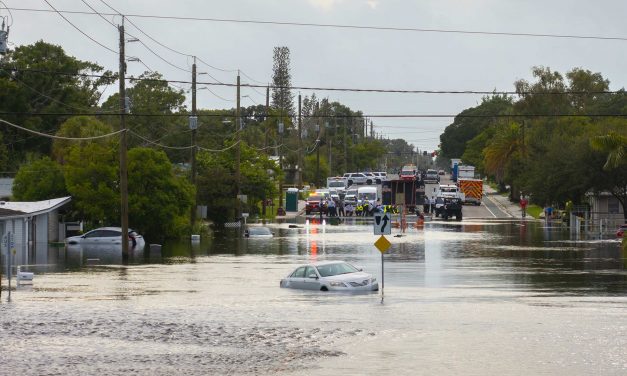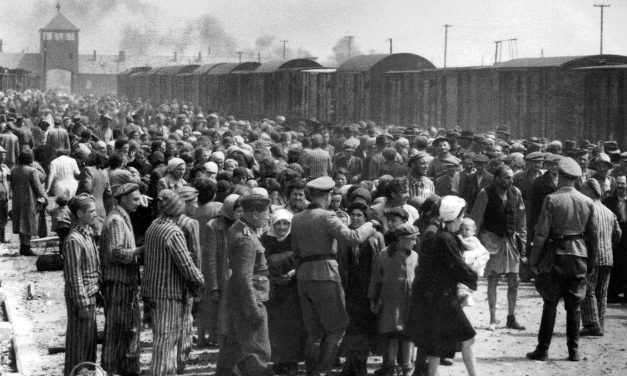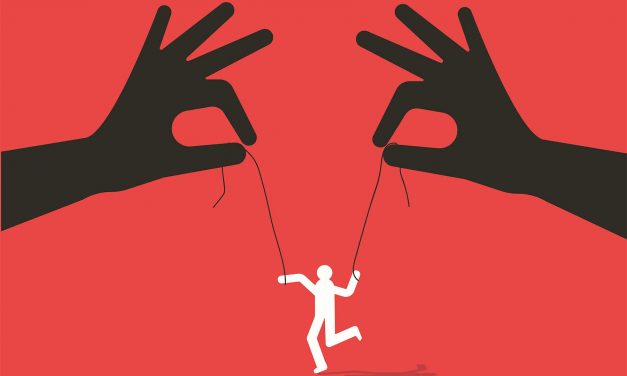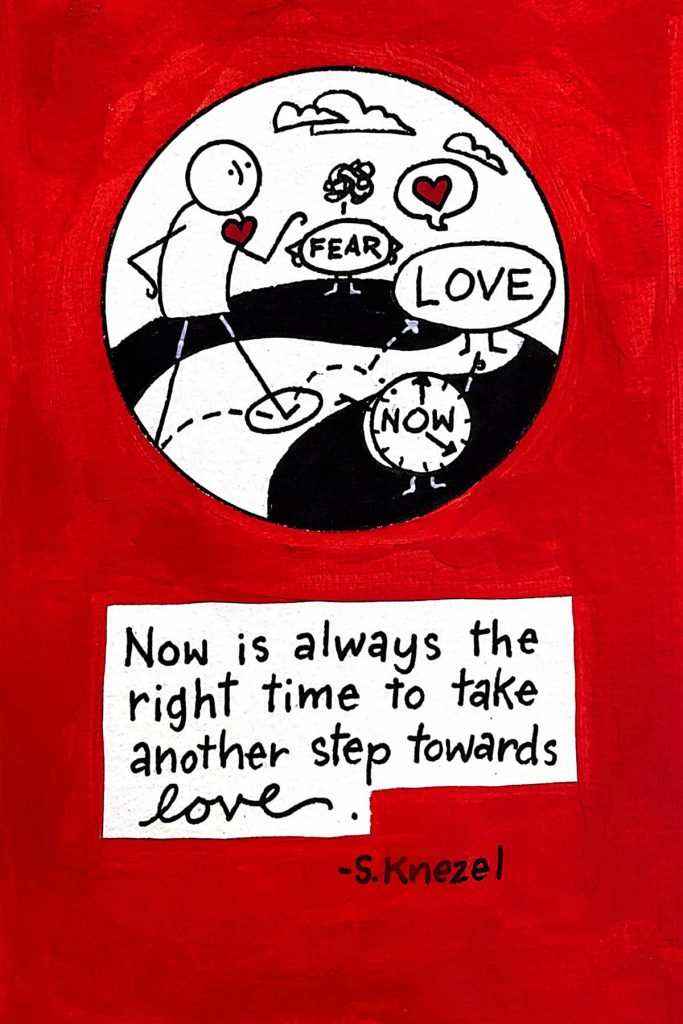How Wars End: A veteran diplomat explains why the Trump-Putin summit was amateurish and doomed
By Donald Heflin, Executive Director of the Edward R. Murrow Center and Senior Fellow of Diplomatic Practice, The Fletcher School, Tufts University A hastily arranged summit between Donald Trump and Vladimir Putin was set for August 15, 2025, in Alaska, where the two leaders discussed a peace deal between Russia and Ukraine. Ukrainian President Volodymyr Zelenskyy was not invited to attend. Politics editor Naomi Schalit interviewed longtime diplomat Donald Heflin, now teaching at Tufts University’s Fletcher School, to get his perspective on the unconventional meeting. HOW DO WARS END? Wars end for three reasons. One is that both sides...
Read More















